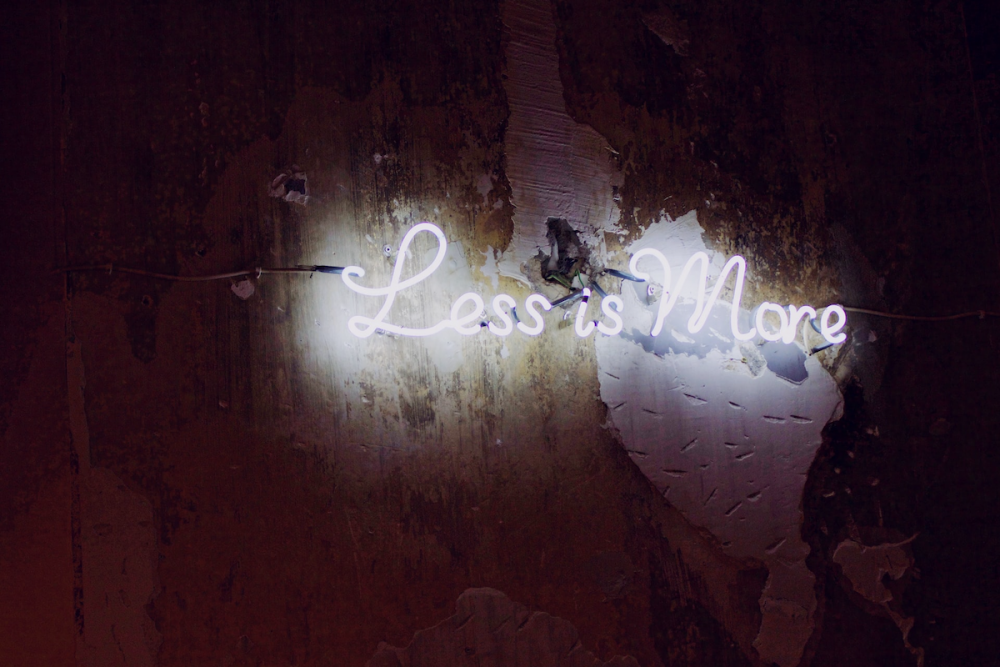
Today’s guest post is by author Elizabeth Sims (@ESimsAuthor).
1. Short stories force you to practice economy of language as well as of plot material. Let’s see, the limit for the contest I want to enter is 2,500 words. How can I write my scenes with maximum impact and minimal words? Which of these many elements I just brainstormed on is the most compelling? Which are kind of weak? Nothing tentative or irrelevant can stay in. That’s a tremendously fun challenge.
2. A blank page is a blank page, but if you know it’s page one of 400, that’s one thing. Page one of 10 is quite another. You can have a complete draft of a short story done by teatime on Thursday!
3. You can try out different genres easily with short stories. Have you written a couple of paranormal novels, and you’re wondering what it’d be like to write an historical mystery? Write a short story! Middle-grade fiction? Give it a try! Via short story, it’s so easy to dip a toe into the unknown. You’ll see how it feels to you, how well you’ve done, whether your appetite is now satisfied—or whetted for more.
4. Apart from trying out different genres and ideas, short stories let you experiment with different forms and voices at low cost. First person? Third omniscient? Even second person? Mixed, right in one story? What the hey, give it a whirl. See how it feels.
5. When you write a short story, you’re joining a great old traditional practice, rife with imperishable names: Ray Bradbury, Katherine Anne Porter, Langston Hughes, Ernest Hemingway, Frank O’Hara, George Saunders, Joyce Carol Oates, Anton Chekhov, Flannery O’Connor, Kazuo Ishiguro, Sherman Alexie, Zora Neale Hurston.
6. Speaking of tradition, it’s easier to rip off a classic short story than a novel. Bear with me, I’m not advocating plagiarism! All I mean is, you can study a great short story for structure, and see how you might be able to mimic it with your own material.
7. If things are going poorly as you’re drafting a novel, it’s hard to abandon ship, even if you feel certain all is lost. The sunk-cost fallacy, right? Many of us have been there. But if things are going wrong in a short story, it’s much easier to toss that draft aside and figure, “Oh well, maybe I’ll get back to it someday.” Or not! You can forget about it without much angst.
I might add, the ability to throw away bad drafts is a skill in itself—a strength, really, come to think of it. You have to be strong! Because writing is emotional. We get attached to the pages we write, naturally. But if you can develop a more or less dispassionate approach when evaluating your own material—well, that’s how a professional does. A professional knows there’s more where that came from!
8. With a short story, you can go any length, from flash fiction to something in the thousands of words. If your story keeps growing, let it fly and call it a novelette or a novella. Maybe your story will keep growing all the way to novel status, who knows?
While we’re at it, here’s a general guide on length and terminology:
- Micro-short story (aka flash fiction, sudden fiction, etc.): 5–100 words
- Short-short story: 100–1,000
- Short story: 1,000–5,000
- Novelette: 5,000–10,000
- Novella: 10,000–40,000
- Novel: 40,000–infinity
9. If you’re established to some extent, you can use a short story as an easy giveaway to tempt readers towards your longer works. Especially if you’ve got a few books in a series going, a short story or novelette featuring your main character can be fun to write and fun to giveaway through your website or newsletter.
10. Another thing that applies to writers of series: If you decide you want a “book zero” in order to supply backstory and whatever other goodies you’ve thought of, you don’t necessarily have to write a whole novel. A short story or novella could easily serve that purpose, and can be published quickly on any of the current digital platforms.
11. A short story is a break from the demands of a novel, which can get to feel onerous. Writing a short story in the midst of a tough slog in a novel can change your mental scenery and freshen the wind at your back.
12. You don’t need an agent to sell short stories, whether to the prestige literary magazines like the Hudson Review and Prairie Schooner, the genre specialty magazines like Suspense and Asimov’s Science Fiction, and even mainstream outlets like Harper’s and the Atlantic.
You’ll find that lots of established, big-name authors of novels like to write short fiction for magazines, so the possibility of finding yourself in good company is high.
13. There are a ton of short-story contests out there. One of my early efforts came in 12th in the Writer’s Digest contest, which gave me a huge boost in confidence. I got nothing more from it other than seeing my name and story title in the magazine, but it was a credential.
14. Short stories can be farmed out to anthologies. Sometimes an author will be asked to contribute a story to an upcoming anthology, which is cool. But you can simply get together with other writers and put together your own anthology. To make marketing easier, choose a theme for your collection. (Rather than Stories from the Hometown Writers Group, think of something like Bone Chilling Tales, or Stories of the Kitchen or suchlike.)
Another thing on collections: Even if some of your stories have been published in magazines, you can publish a group of them on your own, because magazines (generally speaking) only buy rights for their one-time use.
15. Short stories tend to be more successful at open mike reading nights than chapters from novels. The audience feels satisfied after hearing a complete little story.
16. In a similar vein, a short story is easier to bring to your critique group than a chapter from a novel. It’s a complete entity and easy for the group members to grasp and evaluate. If membership in your group is changeable, all the more so. Newbies won’t have to be brought up to speed on your novel project.
17. Short stories accommodate short attention spans and are easily translatable to the small screen, to podcasts, and to new media no one’s thought of yet.
18. You can easily publish a short story on any of the online publishing platforms. Sure, you can self-publish novels too, but publishing a short story is like running a fast market test. You can try out metadata tags, titling, supplemental material, whatever you want. Who’s reading this? Anybody leaving a review? What are they saying about it?
19. Another thing about publishing individual short stories: you can try out pseudonyms! Want to publish something vastly outside of your current wheelhouse? Want to publish a new concept anonymously? Use a pseudonym and see how it goes. I might note, lots of erotica authors use pseudonyms. Just saying.
20. Life is short. Stories are short. There’s something profound there.

Elizabeth Sims (@esimsauthor) is a bestselling author and writing authority. Booklist described her crime fiction “as smart as it is compelling,” and Crimespree magazine praises her “strong voice and wonderful characters.” A contributing editor at Writer’s Digest magazine, Elizabeth’s craft-of-writing advice has appeared in those pages since 2006, and she’s a sought-after speaker at conferences around the U.S. When time permits she coaches aspiring writers individually and through workshops. She loves to help fledgling authors find their wings!

Hey Jane, thanks for publishing this! I’m looking forward to presenting ‘Short Story Writing for Publication’ on your platform on November 16 (2022). Any questions out there?
Just wanted to say: some great ideas here! And I’m looking forward to the class
Great post!
Glad you liked it!
This is all true. You have the jist of it my dear. Love this.
Thanks, Raymond!